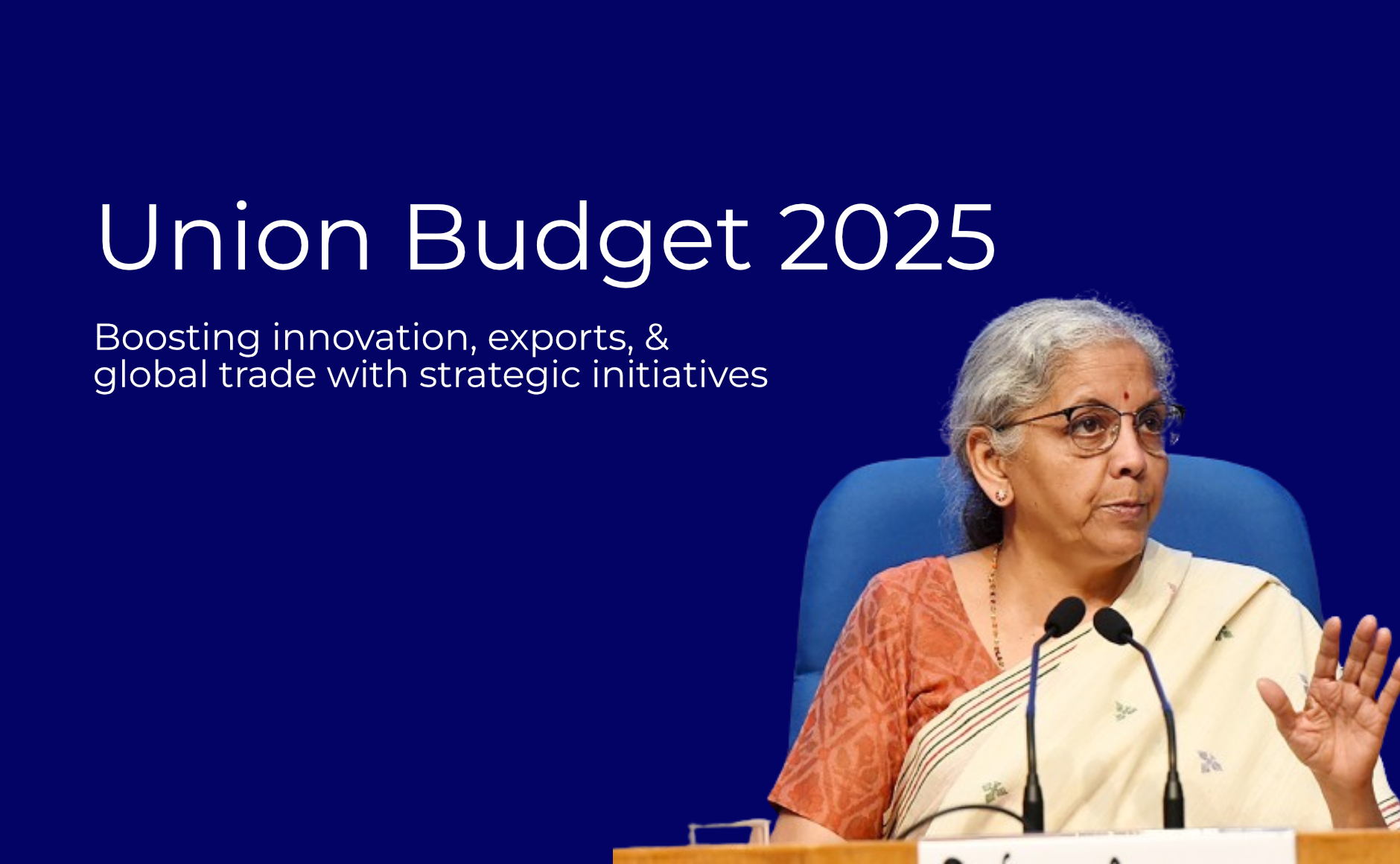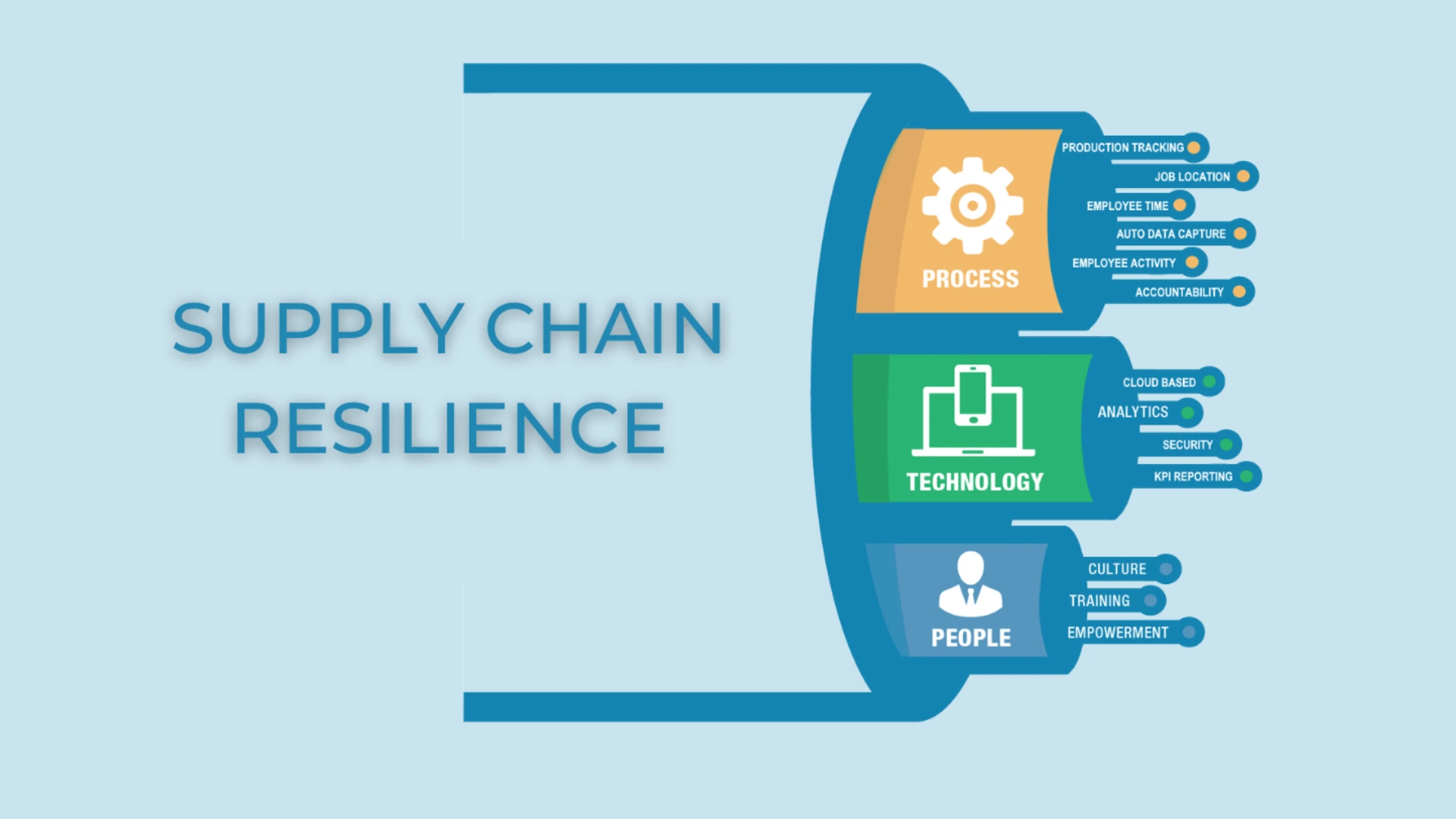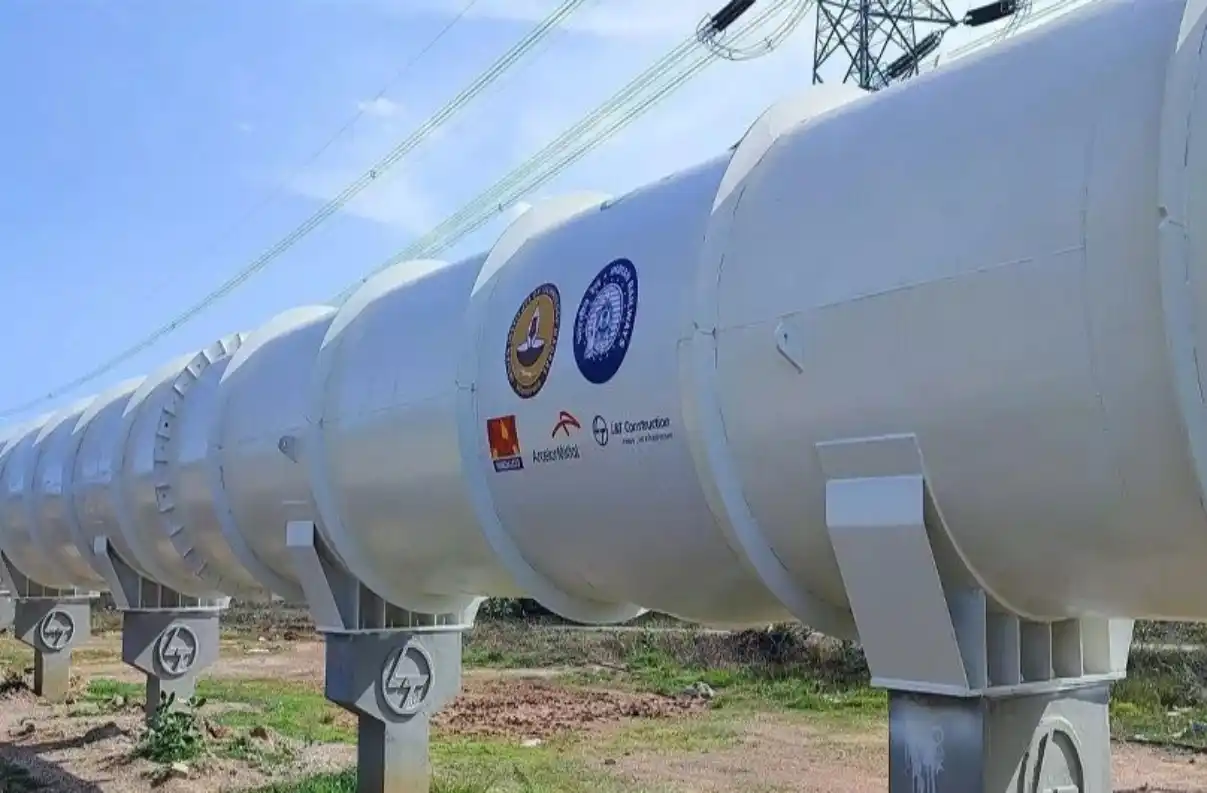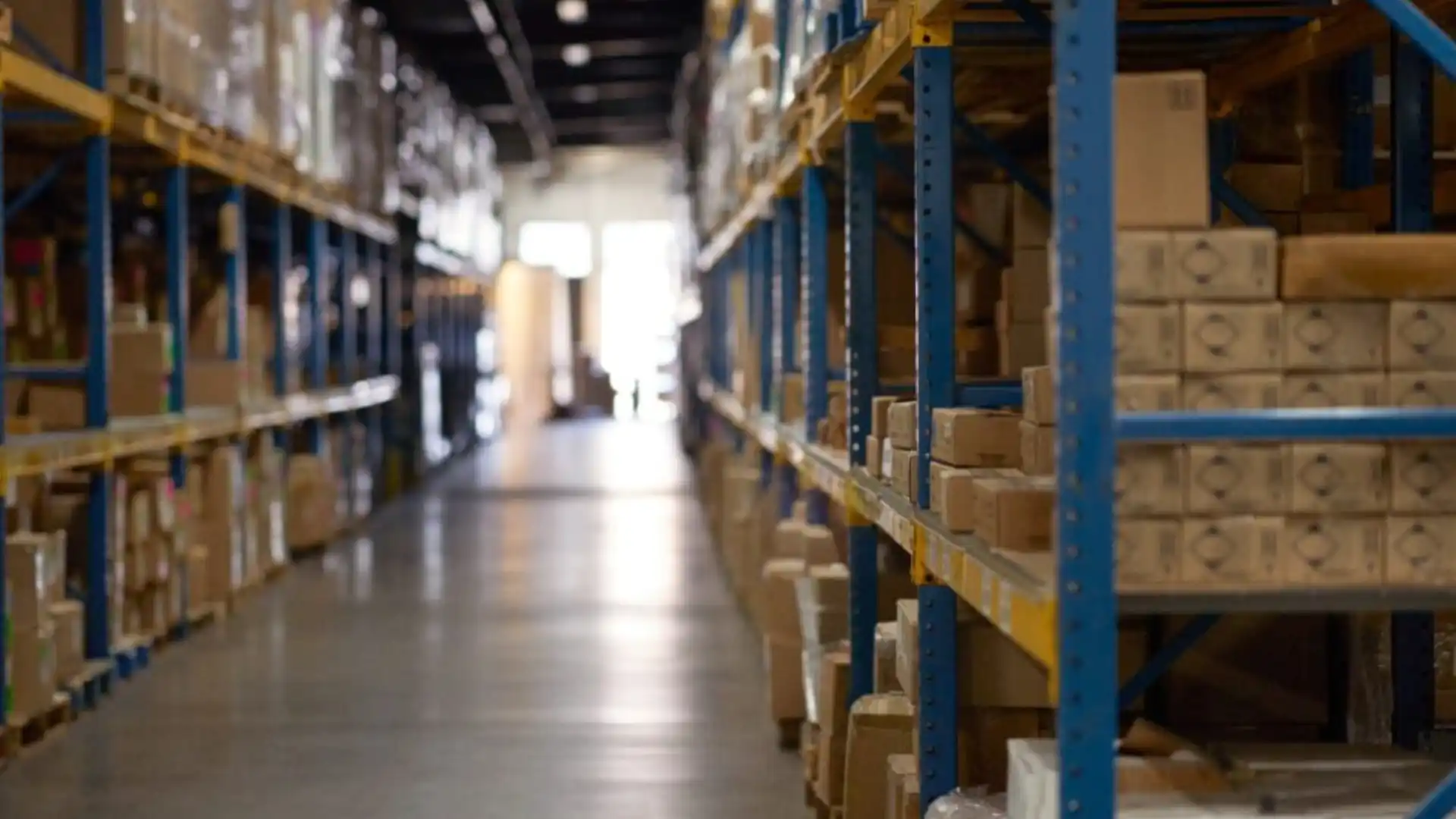Article
Sustainability in Supply Chains: How Companies Are Reducing Their Carbon Footprint
 Anamika Mishra
[Sub Editor]
Anamika Mishra
[Sub Editor]

Sustainability has become a pertinent issue for businesses, especially in terms of supply chains, as the envelope of critical problems in the world opens up more in the ways of climate change and environmental degradation. The supply chain, covering the entire lifecycle of products-from raw material to end consumer, is responsible for a portion of global carbon emissions, whereby an increasing number of companies have started to place themselves in the direction of reducing the carbon footprint of their supply chains, as well as the corporate social responsibility-internal government it reflects, and more stringent-internal frameworks. This article is looking at how different businesses across industries adopt sustainable practices to limit their carbon footprint, what benefits accrue from such activities, and the emerging challenges in the course of practice. The Carbon Footprint of Supply Chains Thus, according to the World Economic Forum, it would be the supply chains that account for over 80 % and more in terms of total greenhouse gas emissions of a company. And thus, emissions of the supply chains must be addressed, if the company intends to reach global climate targets. For the greenhouse gas emissions, these primarily ales from freight and logistics; energy consumption in factories, wastes generation, and sources raw material. So, in these major three areas relating to the supply chains, the companies have put this effort to reduce carbon emissions: procurement, transportation, and manufacturing. Strategies for Reducing the Carbon Footprint in Supply Chains: 1. Sustainable Sourcing and Procurement Sustainable sourcing is the consideration of materials and suppliers with preferences for environmental conservation, socially responsible production, and fair labor practices. More companies are partnering with suppliers offering low-carbon products or services or using renewables in their production processes. Unilever is committed to sourcing 100% of its agricultural raw materials sustainably by 2025. Among other initiatives, it works with farmers to prevent deforestation, enhance soil quality, and reduce emissions in agricultural practices. Moreover, the organization aims to achieve carbon neutrality in its entire supply chain by 2039. In the similar way, IKEA has committed to sourcing 100 percent cotton and wood from sustainable sources such as forest certification schemes like Forest Stewardship Council that ensure materials are coming from responsibly managed forests. Like it, IKEA is also committed to sourcing from 100 percent sustainable cotton and
The only supply chain registration you need
Unrivaled context behind every news and article for free.

 Anamika Mishra
Anamika Mishra 

















